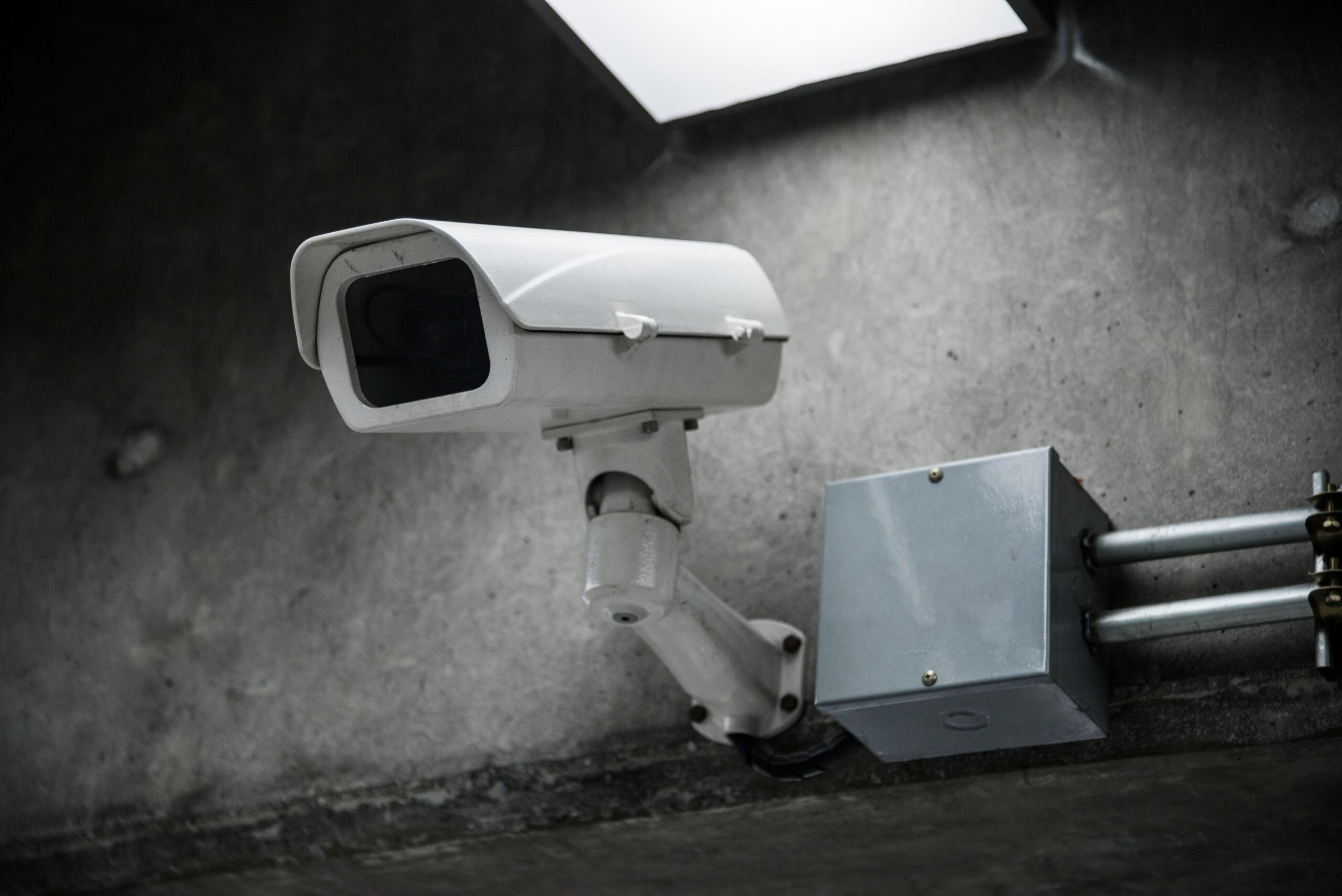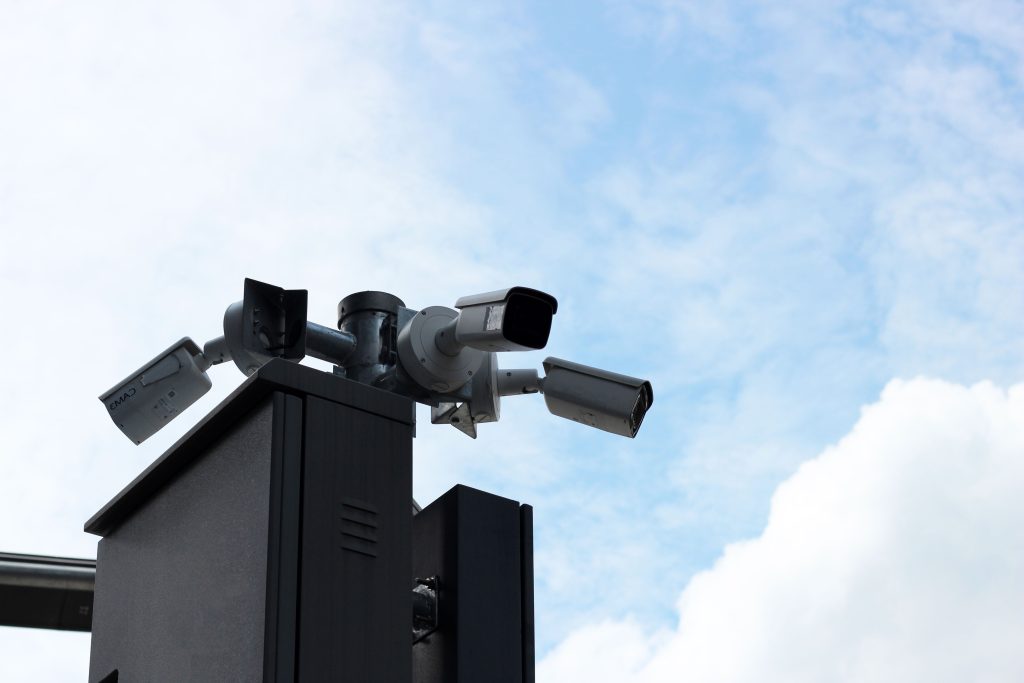Can Home Security Camera Footage Be Used in Court?

Home security camera footage can be used in court. A study shows about 47% of police departments use surveillance video as evidence. This means it can help in many cases, like theft or property damage. But for this footage to be used in court, it must follow certain rules. Keep reading to learn how to make security footage work for you(1)!
Key Takeaways
- Home security footage must be relevant and authentic to be used in court.
- The footage needs to be recorded legally and follow privacy laws.
- Clear timestamps and a documented chain of custody are important for admissibility.
Legal Criteria for Admissibility
Home security camera footage can play an important role in court. However, it must meet certain legal rules to be used correctly.
- Relevance: The footage should connect directly to the case. It needs to show events that help prove or disprove something. For instance, if a theft happens in the front yard, the video can show who was there at the time. This is crucial because it helps build a timeline of events. The clearer the connection between the footage and the case, the stronger the argument can be made. If the video shows a person acting suspiciously right before a crime, it can be very helpful in court.
- Authenticity: At Shielded Residence, we provide guidance to ensure your security systems maintain authenticity. Our systems help you document your footage’s source clearly, making it easier to prove its validity in court. The witness should also explain that the video is accurate. Without this verification, the footage may be questioned. Courts want to ensure that what they see is genuine. If someone claims the footage shows a crime, they must prove it has not been changed or edited in any way.
- Lawful Recording: The footage must be recorded legally. This means it cannot violate privacy laws. For example, using hidden cameras in places where people expect to be private, like changing rooms, can lead to serious problems. If the footage is obtained illegally, it may not be allowed in court. It’s important for homeowners to understand the laws in their state. Knowing what is legal can help prevent issues later.
- Chain of Custody: There should be clear records showing who handled the footage from the time it was recorded. This keeps track of the footage and ensures it has not been tampered with. If someone changes the video or mixes it up with other recordings, it can cause trouble in court. Courts need to see a complete history of the footage. This includes details about who accessed it and how it was stored. A strong chain of custody helps make sure the footage is reliable.
- Correct Timestamping: The footage must have accurate timestamps. This helps create a timeline of events, which is very important in legal cases. If timestamps are wrong or missing, it can create doubt about when things happened. This can weaken the case. Courts rely on these timestamps to understand the sequence of events. If the footage shows a crime, the timing can help link it to other evidence. Accurate timestamps are essential for building a strong argument.
Challenges to Admissibility
Even if the footage follows all the rules, it can still face challenges in court.
- Privacy Laws: Different states have different laws regarding privacy. Some states require consent to record, especially if hidden cameras are used. If footage is recorded without permission, it may not be allowed in court. This can be a big problem for homeowners who use security cameras. It’s important to be aware of the laws in your state. Understanding what is legal can prevent issues later.
- Quality and Clarity: The quality of the footage is also very important. If the video is blurry or hard to see, courts may not accept it as evidence. Clear videos that show the events clearly are more likely to be accepted. If the footage cannot clearly show what happened, it may lead to questions about its reliability. Courts want to see clear images that can help them understand the situation.
- Hearsay Issues: If the person who recorded the footage is not available to discuss it, there can be problems with hearsay. Hearsay is when someone tries to use a statement made by another person as evidence. If there isn’t someone to explain what was seen in the footage, courts may have a hard time accepting it. This can limit how helpful the footage is in court. It’s important for the homeowner or another witness to be there to provide context. This can help the court understand the significance of the footage.
Potential Benefits of Using Footage

Using home security footage can bring many benefits in court.
- Direct Evidence: The footage can provide direct evidence of what happened. Our systems at Shielded Residence are designed to capture clear, detailed footage, providing homeowners with the reliable evidence they need in legal situations. This is crucial because it allows the court to see the events as they unfolded.
For example, if someone steals a package from the front porch, the footage can show who took it and how they did it. This kind of evidence can make a strong impact on the case. It allows the judge and jury to see the facts for themselves rather than just hearing about them from witnesses. When the video clearly shows the suspect, it can make a significant difference in how the case is viewed(2). - Support Other Evidence: Shielded Residence systems not only capture high-quality video but also integrate seamlessly with other security features, ensuring your evidence is both comprehensive and compelling in court. If a homeowner has video and other witnesses, it can help make a stronger case. Imagine a situation where a homeowner sees a crime happening and calls the police.
If they have video of the incident, it can back up the statements made by witnesses. This combination of video and witness testimony can create a more complete picture of what happened. When different pieces of evidence support each other, it becomes harder for the opposing side to argue against it. This can lead to a more favorable outcome for the homeowner. - Help in Personal Injury Cases: In personal injury cases, security footage can show what happened before an accident. This can help prove who is at fault. For example, if someone trips and falls on a sidewalk, the video can show whether the area was clear or if it was blocked. This evidence can help clarify the situation.
If the footage shows that the area was unsafe, it can help the injured person in their claim. Having clear video evidence can help the court understand the circumstances surrounding the injury. This can lead to fair compensation for the person affected. When security footage clearly shows the events leading up to an accident, it can play a key role in the decision-making process.
Conclusion
In conclusion, home security camera footage can be a powerful tool in legal cases when managed correctly. At Shielded Residence, we’re committed to helping homeowners not only secure their properties but also ensure their footage meets the necessary standards for court admissibility.
By using advanced technology and providing clear guidance, we help you feel confident that your security system works for you in every situation. Understanding these rules helps homeowners use their security systems effectively when needed.
FAQ
Can security camera footage be used as evidence in court?
Security camera footage, whether from indoor camera or outdoor camera systems, can serve as evidence in court. Courts generally accept video surveillance footage as direct evidence in both criminal cases and civil matters like personal injury claims. The footage must meet rules of evidence requirements and prove authenticity and accuracy.
What factors determine if surveillance footage is admissible in court?
Courts consider several elements when deciding if security camera footage is admissible evidence. Key factors include chain of custody, whether the footage was obtained through unreasonable search, and if there was a reasonable expectation of privacy. The surveillance video must be relevant evidence that can assist in proving or disproving facts in the case.
How do consent laws and the fourth amendment affect security camera recordings?
Party consent laws and fourth amendment protections impact whether security camera footage is legal. Different states have specific laws about video recording and audio recording, especially regarding hidden cameras. In public places, consent requirements are typically lower since there’s limited expectation of privacy. However, recording in private areas like changing rooms may violate laws.
How can property owners legally install surveillance cameras?
Property owners can install security camera systems in plain sight around their front door, front yard, and other outdoor areas they own. Indoor camera placement must follow consent laws. While video doorbells and security cameras can record, owners should understand surveillance footage regulations to ensure recordings are admissible in court.
What role do law enforcement and defense attorneys play with camera evidence?
Law enforcement uses surveillance cameras footage as visual evidence in criminal defense cases. A criminal defense attorney or defense lawyer will often request a free consultation and case review to evaluate security footage. They examine if the evidence can create reasonable doubt or support their client’s case.
How should property owners maintain their surveillance system for court use?
To ensure security camera footage is admissible in court, property owners should properly maintain their security systems and private security cameras. This includes regular checks of surveillance cameras, proper storage of video recordings, and documentation of any property damage that was caught on camera. Digital evidence requires careful handling to maintain admissibility.
References
- https://nccriminallaw.sog.unc.edu/surveillance-video-when-it-comes-in-and-when-it-doesnt/
- https://secom.plc.uk/blog/using-cctv-as-evidence-what-you-need-to-know/